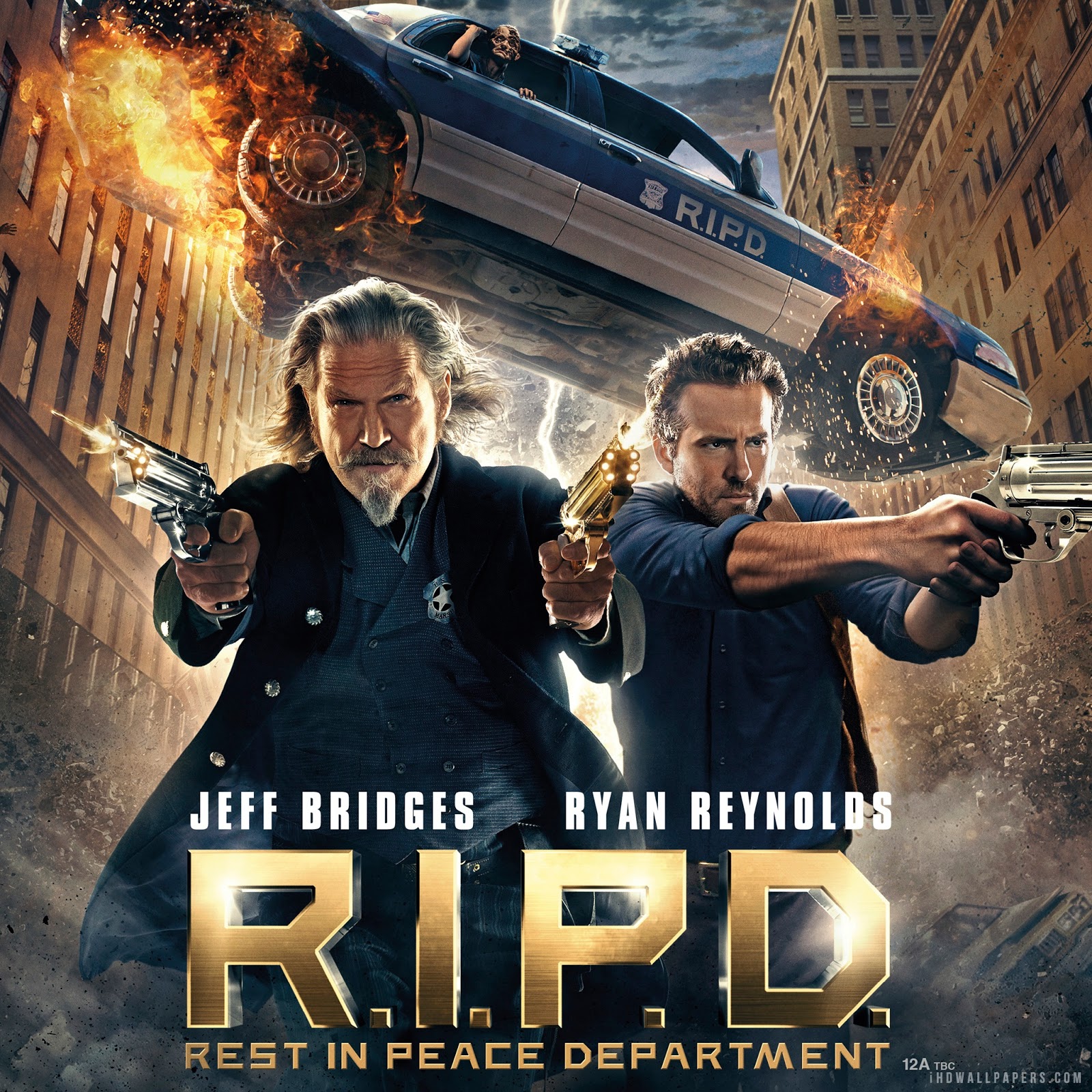Exploring The World Of Movies: A Journey Through Cinema
Movies have been a cornerstone of entertainment, culture, and storytelling for over a century. They transport us to different worlds, introduce us to captivating characters, and provoke a myriad of emotions. From the earliest silent films to the latest blockbusters, the evolution of cinema is a fascinating journey that reflects societal changes, technological advancements, and the creative minds behind the lens. With the rise of streaming platforms, the way we consume movies has transformed, making it more accessible than ever before.
As we delve into the enchanting realm of movies, we must consider their impact on our lives. They serve as a mirror, reflecting our values, fears, and aspirations. Whether you're a casual viewer or a dedicated cinephile, the thrill of watching a movie is an experience that unites people across generations and cultures. So, what makes movies so special? How do they influence our perceptions and shape our experiences?
In this article, we will explore various facets of movies, from their historical significance to the technological innovations that have changed the landscape of filmmaking. We will also discuss some of the most iconic films and their enduring impact on popular culture. Join us as we embark on this cinematic adventure!
What is the History of Movies?
The history of movies dates back to the late 19th century, with the invention of motion picture cameras. The first public screening of films took place in Paris in 1895, marking the birth of cinema. Over the decades, movies have evolved through various stages, including the silent film era, the introduction of sound, color films, and the digital age. Each phase has contributed to the rich tapestry of cinematic history.
How Did Silent Films Shape Cinema?
Silent films, characterized by their lack of synchronized sound, relied heavily on visual storytelling and expressive performances. Pioneers like Charlie Chaplin and Buster Keaton captivated audiences with their comedic genius and innovative techniques. This era laid the foundation for narrative structure and character development in filmmaking.
What Innovations Led to the Sound Era?
The transition from silent films to "talkies" was revolutionary. The introduction of synchronized sound in the late 1920s transformed the cinematic experience, allowing filmmakers to explore dialogue, music, and sound effects. Films like "The Jazz Singer" (1927) marked a significant milestone, heralding a new age of storytelling.
How Have Movies Influenced Society?
Movies have the power to shape societal norms and influence public opinion. They often address critical social issues, sparking conversations and inspiring change. Films like "To Kill a Mockingbird," "Schindler's List," and "12 Years a Slave" challenge audiences to confront uncomfortable truths about history and humanity.
Can Movies Serve as a Form of Escapism?
For many, movies offer a much-needed escape from reality. They provide a chance to immerse oneself in different worlds, experience adventures, and live vicariously through characters. This form of escapism can be therapeutic, allowing viewers to momentarily forget their worries and anxieties.
What Role Do Movies Play in Cultural Identity?
Movies often reflect and shape cultural identity, showcasing diverse perspectives and stories. They allow marginalized voices to be heard and celebrated. Films like "Black Panther" and "Crazy Rich Asians" have not only achieved commercial success but have also played a crucial role in promoting representation and inclusion in Hollywood.
What Are the Latest Trends in the Film Industry?
The film industry is constantly evolving, with new trends emerging regularly. Streaming services like Netflix and Amazon Prime have revolutionized how we consume movies, leading to a boom in original content. Additionally, advancements in technology, such as virtual reality and augmented reality, are paving the way for immersive cinematic experiences.
How Do Film Festivals Impact the Industry?
Film festivals serve as crucial platforms for filmmakers to showcase their work and gain recognition. Events like the Cannes Film Festival and Sundance Film Festival provide opportunities for independent filmmakers to connect with audiences, distributors, and industry professionals. These festivals often set the stage for award-winning films and emerging talent.
What Lies Ahead for the Future of Movies?
As we look to the future, the possibilities for movies are endless. With the rise of artificial intelligence and advancements in special effects, filmmakers are pushing the boundaries of creativity. The demand for diverse storytelling continues to grow, ensuring that the world of movies remains vibrant and relevant.
In conclusion, movies hold a special place in our hearts and culture. They entertain, educate, and inspire us, making them an integral part of our lives. As we continue to explore the cinematic universe, let us celebrate the art of filmmaking and the stories that connect us all.
Elegant Expressions: Upper Back Shoulder Tattoos For Females
Discovering The Talents Of Barry Keoghan: A Rising Star In Cinema
Discovering The World Of Movie Rulz.in Kannada


